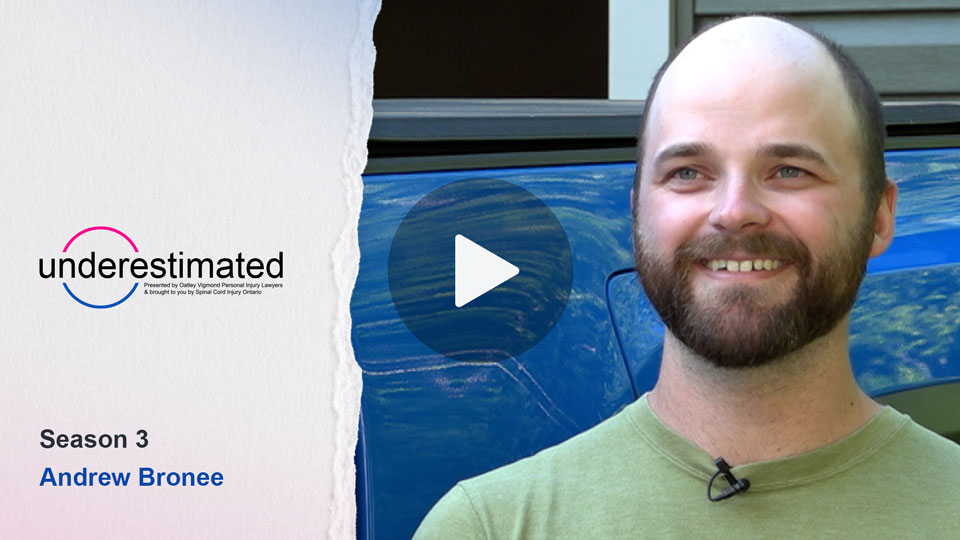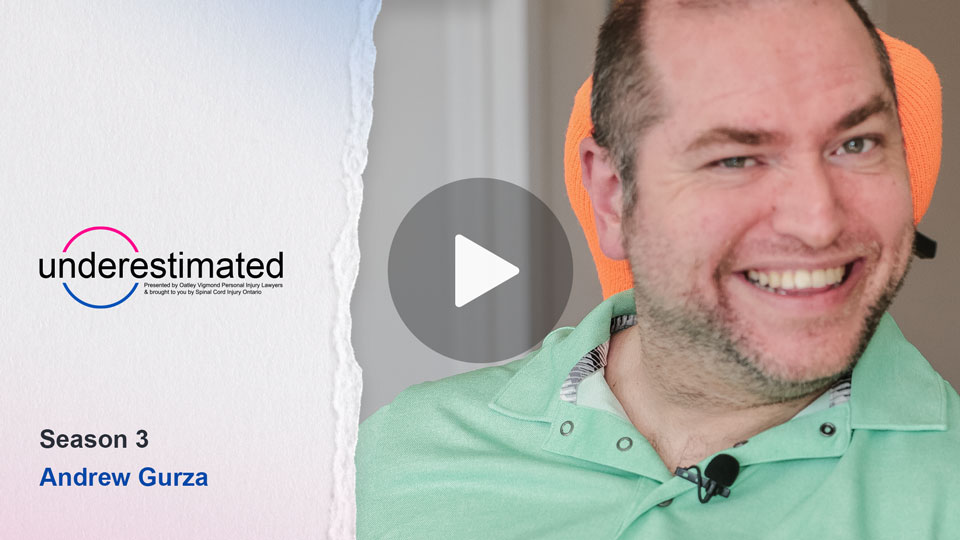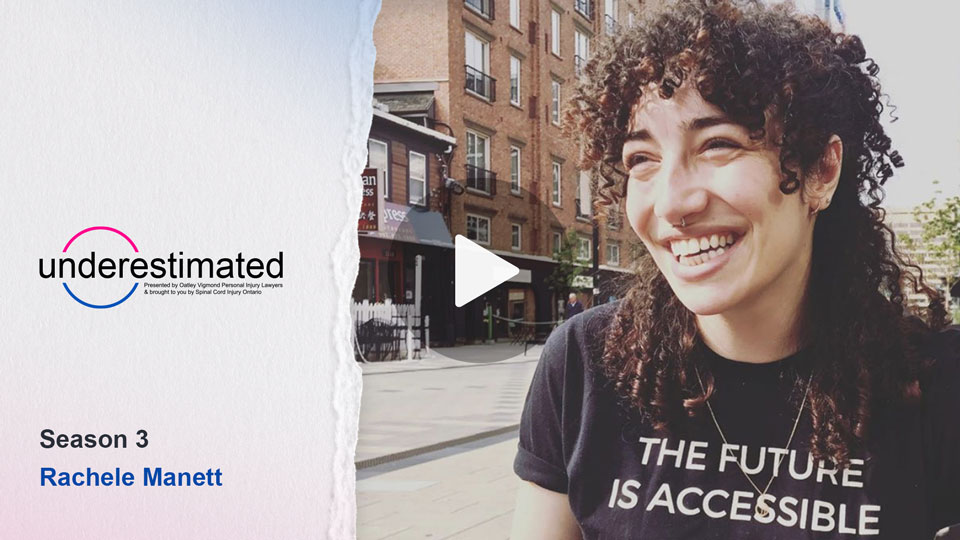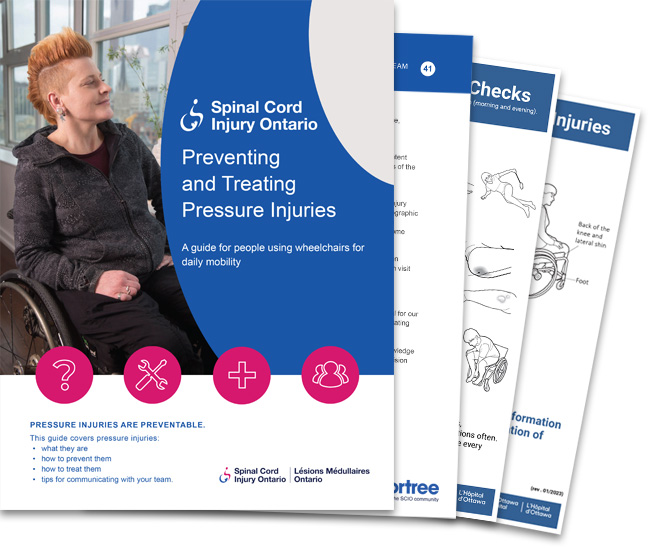Self-care encompasses various aspects, including physical activity, friendship, and routine. For individuals living with spinal cord injury (SCI), self-care takes on added significance, particularly concerning mental and emotional well-being. Joining clubs or teams can provide not only regular physical activity but also a sense of camaraderie and support, crucial for those navigating life with SCI. Developing daily mental health practices to promote calmness and balance becomes paramount, as individuals face unique challenges associated with their condition. Additionally, the support network consisting of family, friends, and trusted healthcare providers plays a vital role in their self-care journey.
On this episode of Underestimated, presented by Oatley Vigmond Personal Injury Lawyers and brought to you by Spinal Cord Injury Ontario, we’re talking about mental health and self-care. Geoff Soloman invites us into his home to discuss his healing wound, what is working and how he’s staying positive and well during challenging circumstances.
Geoff Solomon has been living with a spinal cord injury since 1971 He graciously invites us into his home to share his personal story of healing and resilience. Geoff’s experience highlights the importance of emotional well-being and the strategies he employs to stay positive amid life’s adversities. His journey, having met his wife during rehabilitation and building a fulfilling life, serves as a testament to the resilience and strength of the human spirit.
One significant challenge faced by individuals with SCI is the risk of pressure injuries, commonly known as pressure sores.
Pressure injuries are skin and tissue damage. They are caused by sitting or lying too long on one part of the body. They can also be caused by pressure combined with shear. Shear is when the skin moves one way, and the tissue underneath moves the opposite way. This can happen when you slide down in bed or transfer your weight from one surface to another.
The deeper the injury is, the harder it is to treat. That’s why it is so important to try to prevent them. You, and those who help with your care, should always watch for signs of pressure injuries. Get them treated right away. If things aren’t getting better, be sure to consult a health care provider who can help you manage pressure injuries.
Some people might experience increased risk factors for developing pressure injuries such as:
- Inadequate access to health care
- Lack of mobility
- Poor nutrition
- History of pressure injury.
Areas of skin breakdown can be a sign you may need to assess your strength, balance and posture, stretch and strengthen your muscles and joints. Moving more and making your transfers smoother can help protect your skin.
Living with SCI can also impact mental health, potentially leading to conditions such as anxiety and depression. It is crucial to prioritize mental health and seek appropriate support when needed. Open discussions surrounding spinal cord injury and mental health can help raise awareness and reduce stigma, fostering a more inclusive and understanding society.
In conclusion, life with spinal cord injury encompasses various aspects, from physical challenges to mental and emotional well-being. By prioritizing self-care, preventing pressure injuries, and seeking support, individuals with SCI can lead fulfilling lives. The stories and experiences shared by individuals like Geoff Solomon serve as a reminder of the resilience and strength that exists within the SCI community.
If you enjoyed this video with Geoff Solomon about spinal cord injury, mental and emotional health, pressure sores, and living with SCI, please remember to like, share, subscribe, and leave a comment if you have any questions or suggestions. We hope to see you here again soon! Find more resources on skin health and pressure injuries.






